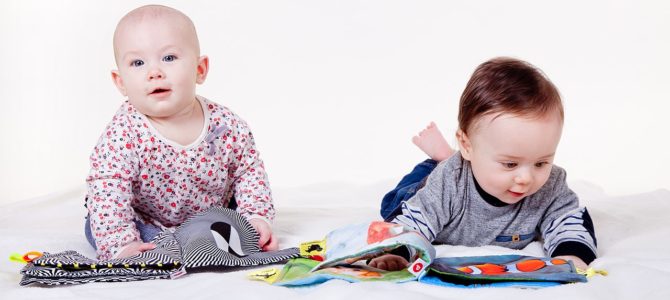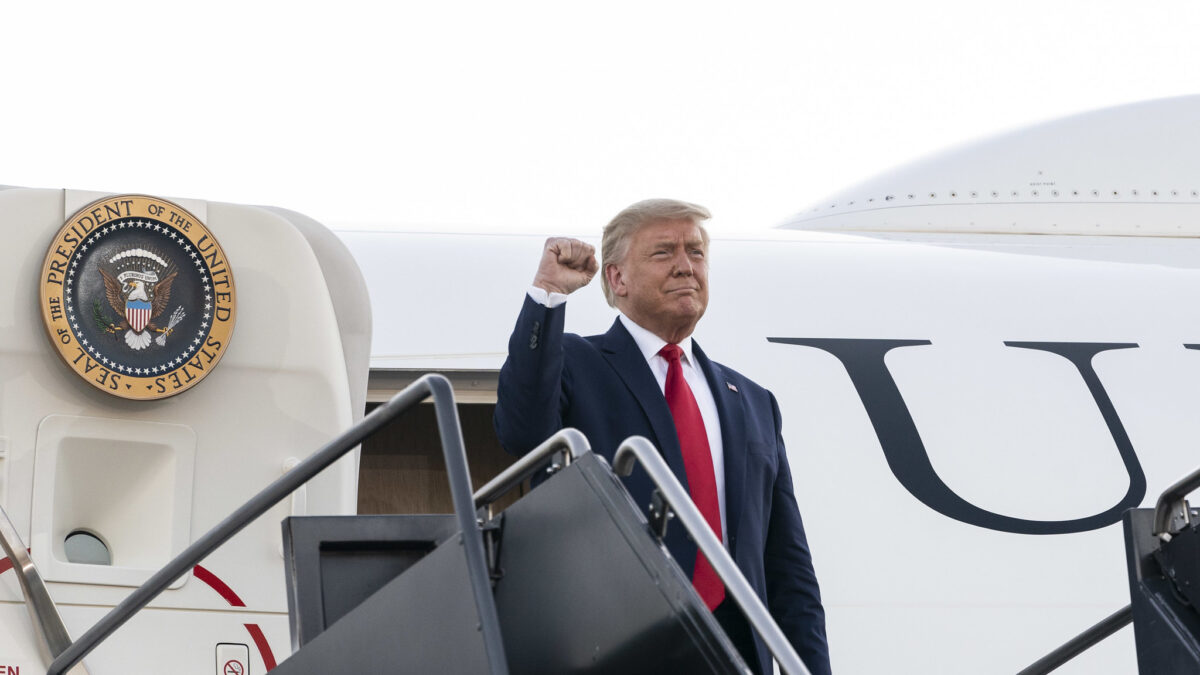In the latest episode of pandemic fear-porn, media outlets have grabbed onto a new study claiming babies born during the last 18 months, in the midst of global masks and lockdowns, have lower IQ scores. A range of media outlets from The Guardian to Fox News grabbed on to the sensational headline, leaving many parents worried but also confused as to how they would even begin to test their one-year-old’s IQ.
Thankfully, for parents seeking more answers than melodrama, Emily Oster, an economist and author who takes a data-driven approach to all things parenting, dug into what researchers found in this study, and more importantly, how they were studying these babies, in her latest Substack newsletter.
Oster notes that at face value, the findings do seem concerning. By studying babies’ cognitive and motor development, researchers converted a “development score” into an IQ score, and found a significant reduction in IQ scores when they compared about 400 children born in the year before the pandemic with those born during the pandemic year. The reductions are so significant, a range of a 49-point reduction to an 82-point reduction, that Oster calls them “unfathomably large,” even implausible.
With this red flag in mind, Oster shares a couple of possibilities of where she thinks researchers may have gone wrong in order to produce results that seem so dubious. The most likely of those explanations? Masks.
The tests during the pandemic were done with the testing staff wearing masks. I’m not anti-masking! But it seems extremely plausible that infants and toddlers in a lab setting would have more trouble following verbal instructions and facial cues from a masked interviewer than an unmasked one. This is probably especially true since these babies would have mostly interacted with unmasked adults (i.e. their parents), so the masking may have been even more of a factor than it would be for an older child who was more used to it.
The authors mention this in the conclusion but do not make much of it.
Of course, there is no way to know for sure how masks changed the outcome, but when studying interactions with non-verbal, expression-reading beings, it seems like a face covering would have an effect. One way to address this would be to compare how babies passed certain development tests that are less affected by facial cues, like sitting, crawling, or rolling, but the researchers failed to include this level of detail.
We know that lockdowns and other COVID-19 responses certainly affected both infants and children. Between masking toddlers with special needs, isolating kids from friends and family members, shutting down parks, and the endless setbacks of virtual education, the damage done to children of the pandemic will be seen for decades.
But IQ? Of a six-month-old? It’s a questionable measure of intelligence to begin with for young children, probably even more so when it’s a baby version converted into an IQ score.
Unless the media is willing to dig into flashy “findings” as Oster has done here, they should resist seizing studies just for the clicks of anxious parents who already have enough pandemic-related problems.









